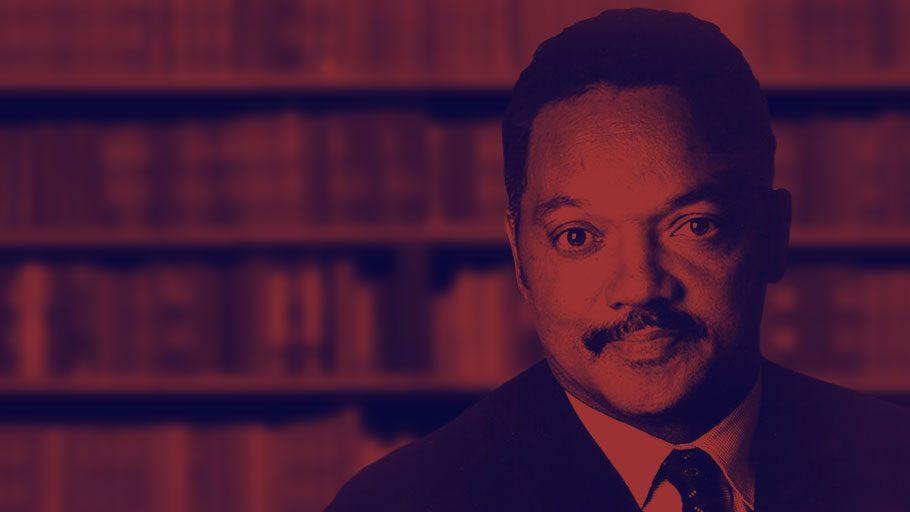September 29, 2015
Pope Francis has departed, but his words and his presence linger.
He had an electric effect on those who saw him or heard his words. He served the highest purpose of faith by offering us its wisdom and its forgiveness. He invoked fundamental values, and applied them to the world. He reminded us that we were a nation of immigrants, and that we should treat them as we would wish to be treated. On climate, he summoned us to action to preserve a vibrant world for our children and our children’s children. On poverty, he reminded us that the Bible measures our character by how we treat “the least of these.” On conflict, he urged negotiation and compromise. He spoke to the most powerful officials of the Republic, and also to the most vulnerable, the imprisoned and the disabled.
His presence and voice provided people genuine hope. He awakened our better angels and called us to service.
What do we make of this remarkable moment? Pope Francis has touched our emotions. Will begin to change our attitudes, and if so, then our behavior? If we change our behavior, we will have to change our priorities. And those change only if the new behavior is enacted into law and reflected in our budgets.
The pope spoke from the longstanding teachings of the church. Yet he had no doubt that our values and our morals should be reflected in our policies and our laws — that we are responsible not only for our private morality but as citizens and legislators for our public policies as well.
So he called on legislators to remember their noble mission: “Your own responsibility as members of Congress is to enable this country, by your legislative activity, to grow as a nation. …You are called to defend and preserve the dignity of your fellow citizens in the tireless … pursuit of the common good. … Legislative activity is always based on care for the people.”
In the scabrous, partisan politics of Washington, the reminder was long overdue. Pope Francis then called on legislators to summon the courage to act on global warming, to provide opportunity to the vulnerable, to settle disputes and end the arms trade. He called on them to defend life, focusing on ending the death penalty. In New York, he urged the diplomats at the United Nations to build international law and treaties, to pursue cooperation and negotiation, and to act to lift up the impoverished across the world.
In his speech to Congress, he invoked the example of four great American leaders: a president — Abraham Lincoln — who led the nation to remove the scourge of slavery, and called on us to forgive and to come together. A minister — the Rev. Dr. Martin Luther King Jr. — who held no office but led the movement to end segregation, to spread the right to vote and to call for action on poverty. Dorothy Day, founder of the Catholic Worker Movement, which combines direct aid with nonviolent action on behalf of the most vulnerable. And Thomas Merton, the most influential American Catholic author of the 20th century, who supported the movements for peace and civil rights and reached out across cultures to find common ground and uncommon wisdom.
Each of these, as Pope Francis said, had a dream. And each devoted himself or herself not only to service and charity but also to action challenging unjust laws and wars, and pushing for peace and justice. They were grounded in faith and sought change in the political arena.
I had the privilege of meeting with Pope Francis in Philadelphia. I gave him an anthology of Dr. King’s writings. I was struck by how he called us to action. If we feel differently and see things differently, then we must act differently. And we should work to insure that our values are reflected in our priorities and our budgets.















